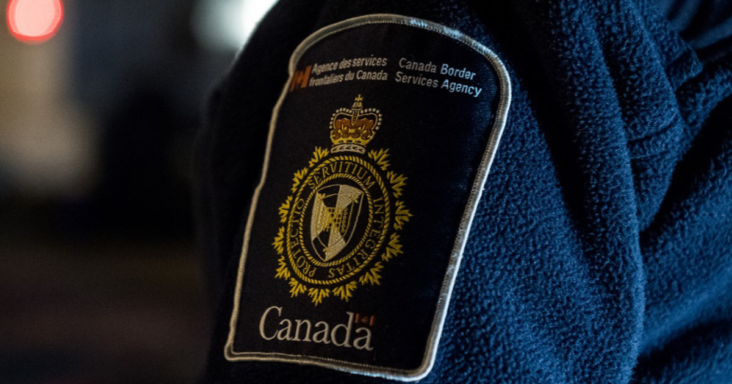
Laken Riley murder suspect released over lack of detention space
The CBSA has been retrofitting its Laval, QC detention centre to create more space for high-risk detainees, however prolonged delays may force the agency to release some foreign nationals who are considered both a threat to public safety and a flight risk.
In an internal memo sent out by the National Detention Contingency Task Force on March 20, the task force explains how these delays may surpass its ability to detain dangerous persons as several provincial holding contracts are set to expire.
In June, Ontario and Quebec are scheduled to join seven other provinces in no longer housing high risk detainees facing deportation. Newfoundland and Labrador also announced that it’s ending its contract with the CBSA in 2025.
Provinces are required to give one year’s notice before cancelling their detainee contracts which Ontario, Quebec and Newfoundland have already done.
Alberta gave its notice in 2020, giving the Trudeau government ample time to find a solution to this problem.
The Trudeau government was notified by Alberta that it would cease taking immigration detainees in 2020, and the latest provinces also provided the federal government with one year’s notice prior to cancelling their contracts.
The document, obtained by CTV News, states that delayed infrastructure improvements to the Laval Immigration Holding Centre “will create a capacity gap in the CBSA’s detention capabilities, compromising the CBSA’s immigration enforcement continuum and increasing public safety and program integrity risks.”
The CBSA plans to evaluate each detainee’s case and limit detention to only those individuals who pose the highest risk to public safety and release the rest to alleviate its temporary loss of capacity.
The agency acknowledged in the memo that this decision “may result in higher rates of non-compliance.”
A total of 5,248 people were detained by the CBSA last year, being jailed for an average length of 17 days.
If the Immigration and Refugee Board of Canada determines that a foreign national is a flight risk or a danger to the public or themselves, they are sent to a detention centre.
About 16% of detainees are considered high-risk and held in provincial jails instead, which can result in them being incarcerated for months before their deportation.
According to president of the Customs and Immigration Union Mark Weber, three CBSA detention centres currently have inadequate security infrastructure as the facilities in Toronto, Laval, QC and Surrey all have shared sleeping quarters and open spaces in place of individual cells which can be locked.



